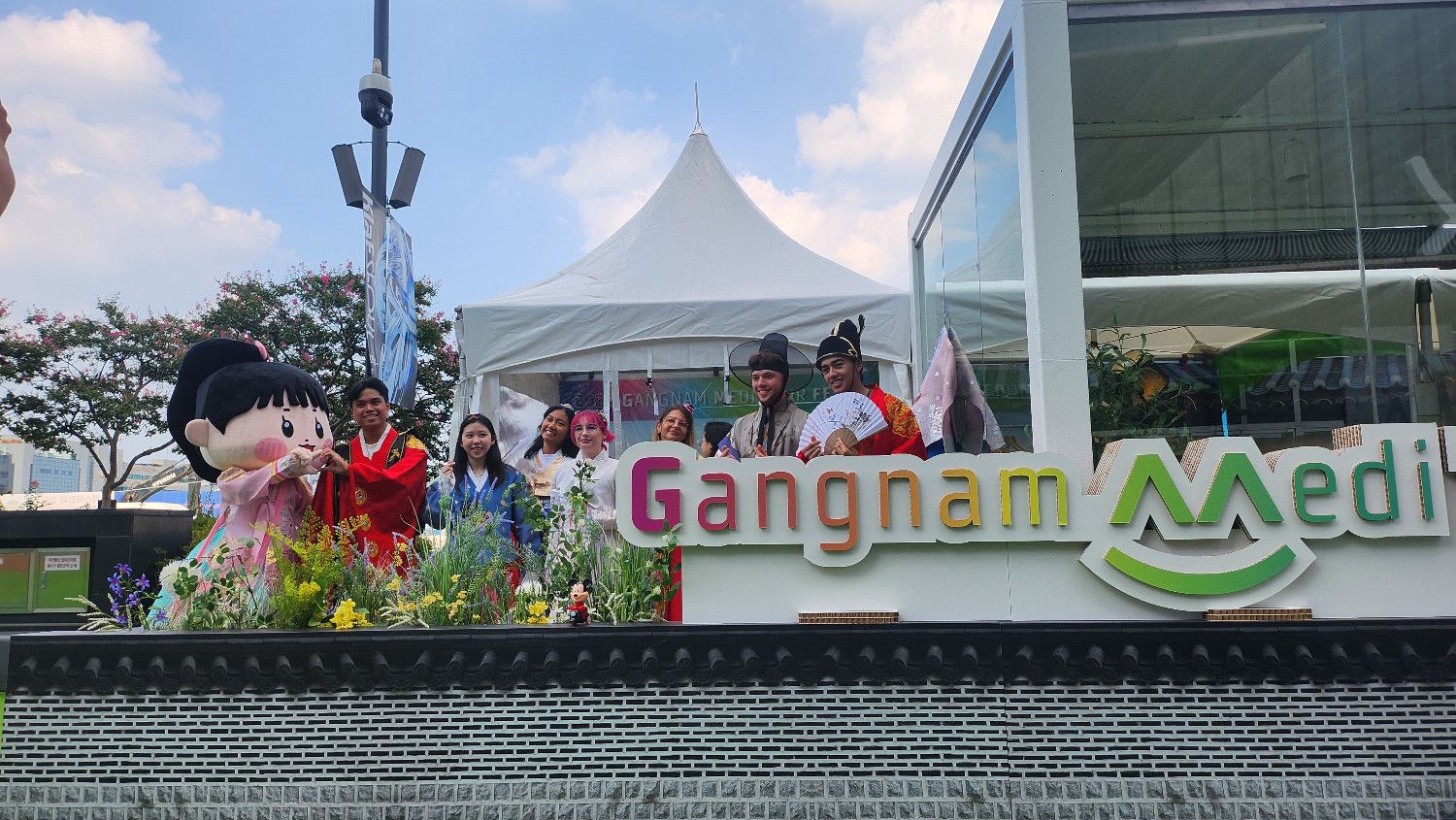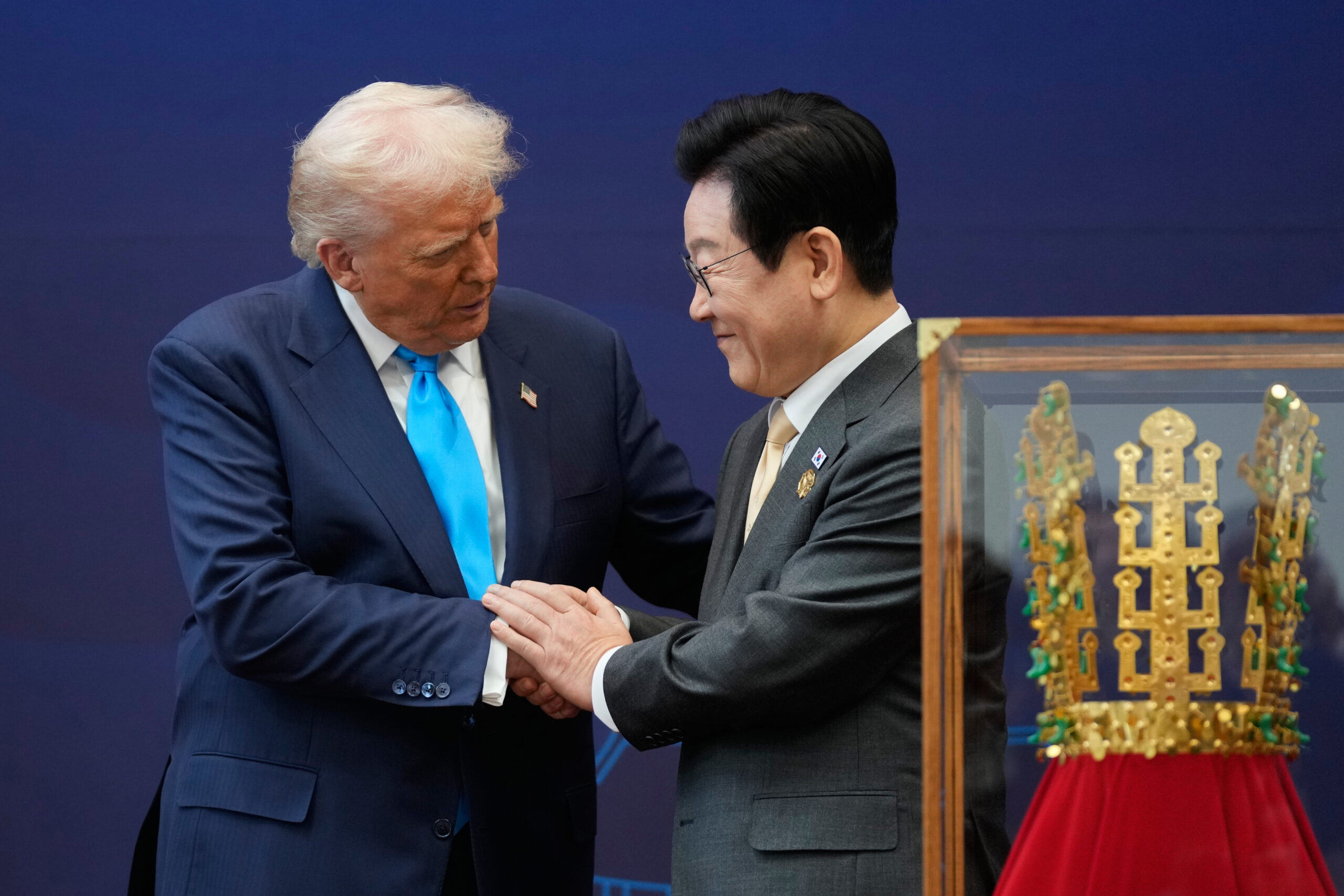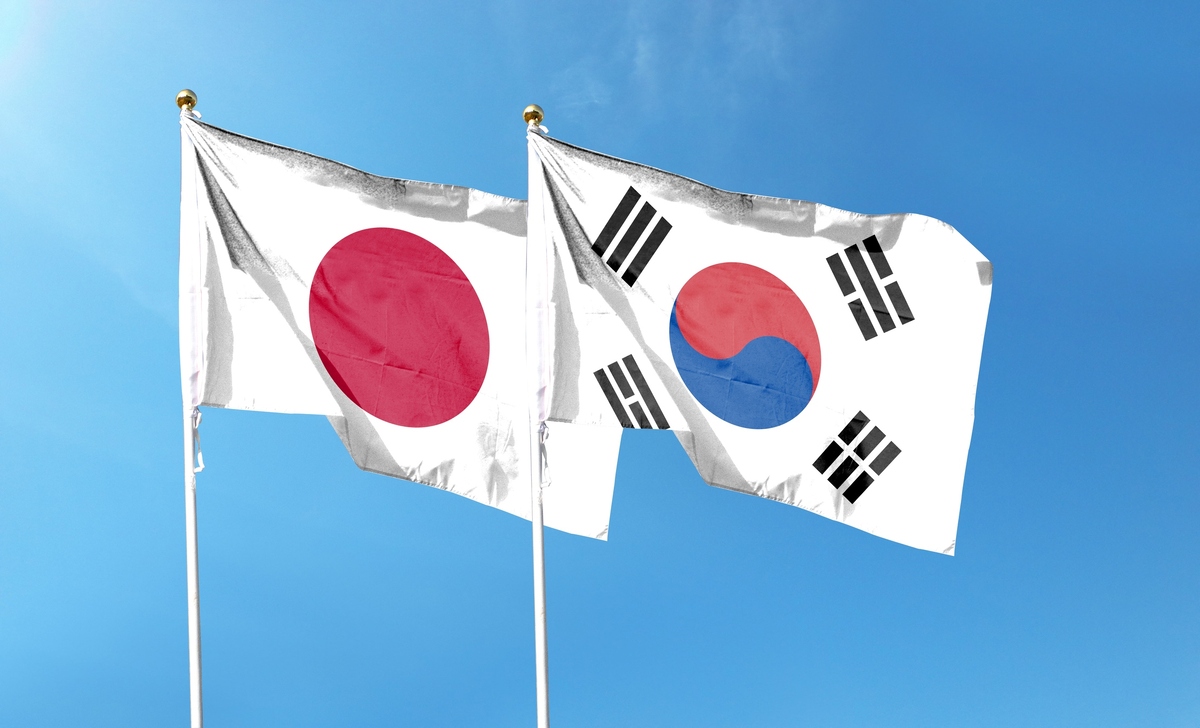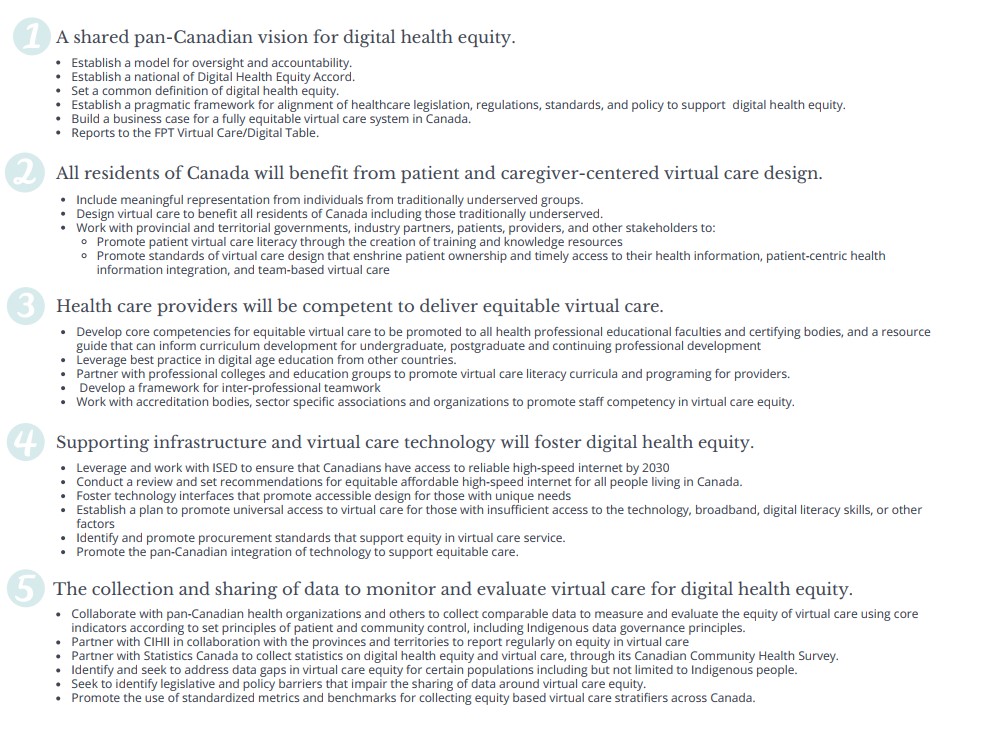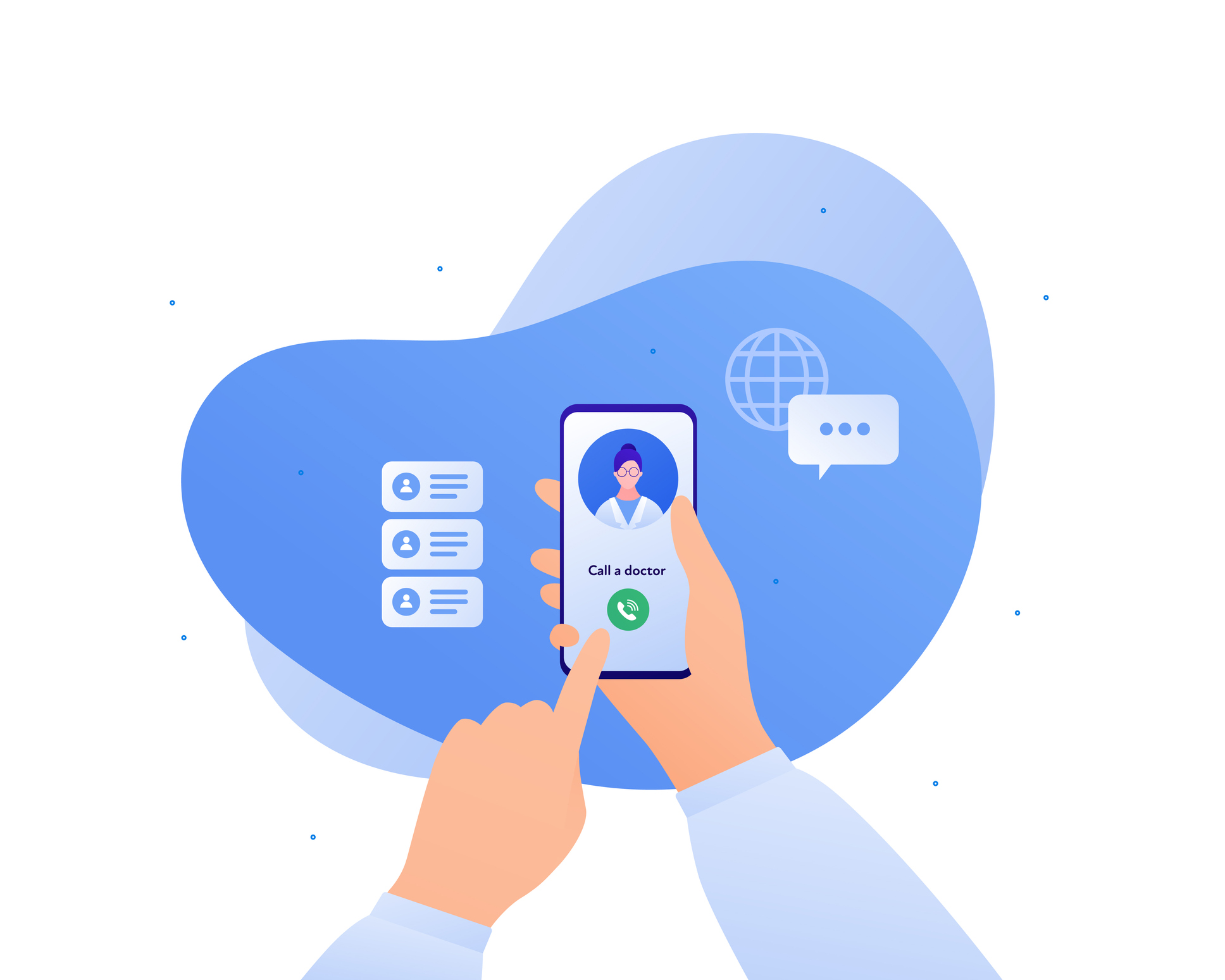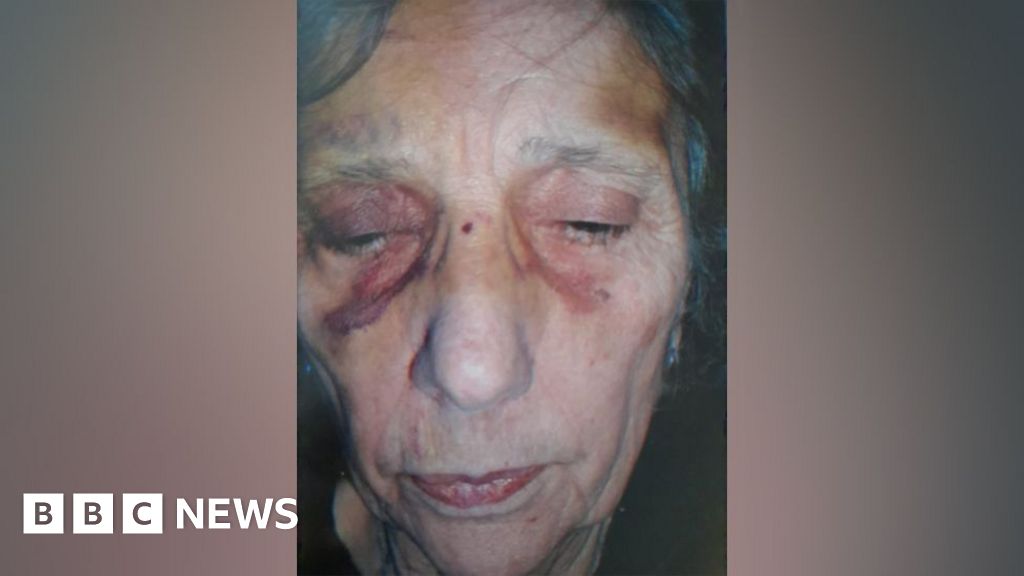‘Korea needs greater social trust to boost secondary use of health data’ < Special < Article
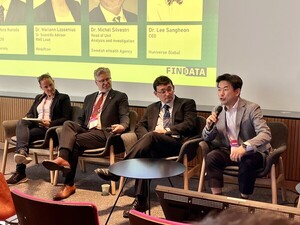
HELSINKI — By Kim Yoon-mi/Korea Biomedical Review correspondent — On the first day of Radical Health Festival Helsinki 2024, a Korean healthcare startup CEO made a “radical proposal” for Korea to enact a new legislation to ensure the right use of secondary health data of Korean people.
In Finland’s capital city of Helsinki, the Radical Health Festival kicked off on Tuesday at the Messukeskus Expo and Convention Center, gathering around 1,200 participants including physicians, health tech experts, policymakers and enthusiasts. The main theme for the 2024 edition is “Deploying Precision and Prevention at Scale.”
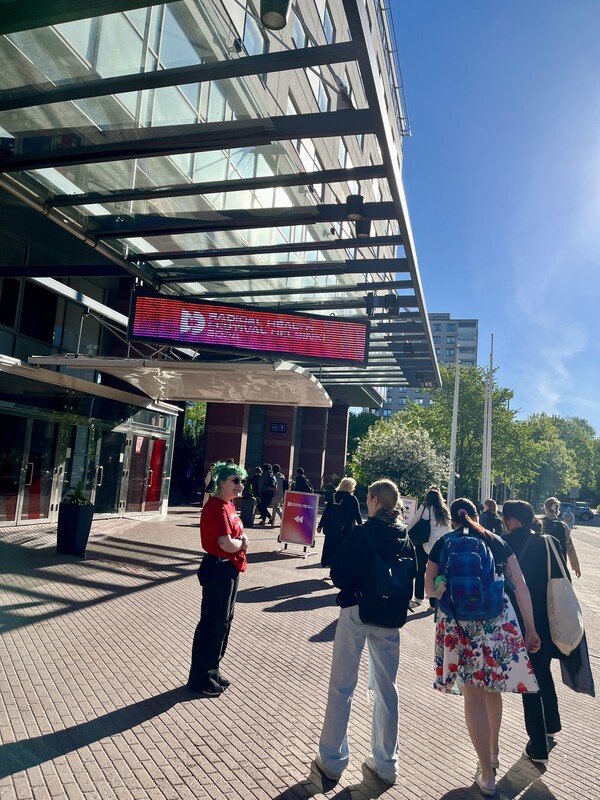
In an exclusive program for international ministerial delegations, a panel discussion on secondary use of health data drew particular attention.
Secondary use of health data refers to the use of health data for purposes other than those for which it was initially collected, thereby increasing its value. For example, secondary data could be those collected through health insurance claims, medical records, or clinical trials. They can be used for scientific research, drug development, and personalized care planning.
The discussion began with a presentation of Johanna Seppanen, Director of Findata, who highlighted Finland’s strength with secondary use of health data.
Findata, established five years ago, is an authority that grants data permits, collects and pseudonymises the data, produces aggregated data on request, and maintains a secure IT environment for applying, transferring and managing data.
Seppanen shared lessons learnt from Findata that it was “important to plan, but don’t plan too much.” Also, she advised policymakers to create a comprehensive data cataologue because “one of the most common reasons for delays in application processing is an inadequate data extraction description.”
Marco Hautalahti, CEO of Finnish Biobank Cooperative(FINBB), explained how the “Fingenious Ecosystem” offered a single window to Finnish service providers and data for biomedical research. The FinnGen project, launched in 2017, has collected biological samples from 500,000 people in Finland with the aim of improving health through genetic research.
Another speaker, Tomohiro Kuroda, professor at Kyoto University, reflected the Finnish model from a Japanese viewpoint.
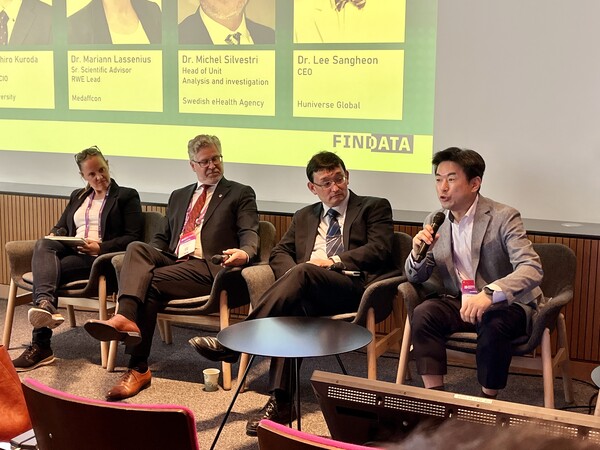
Then, the session moved on to a panel discussion. Panelists included Lee Sang-heon, CEO of Huniverse Global, a Korean health tech company, Mariann Lassenius, Senior Scientific Advisor at Medaffcon, Finland, Michel Silvestri, Head of Unit Analysis and Investigation at Swedish eHealth Agency, and Kuroda of Kyoto University.
Lee shared updates on Korea’s recent allowing of secondary data, not only for research purposes but for commercial use.
However, despite the legal progress, the National Health Insurance Service (NHIS) has blocked the use of secondary health data by private insurers citing “a possibility of harming public interest and unclear research plans (of private insurers),” Lee noted.
Two health authorities in Korea manage health data: the NHIS, which operates the national health insurance program, and Health Insurance Review and Assessment Service (HIRA), which reviews reimbursement for drugs.
Like Finland, Korea offers a universal healthcare for both residents and foreigners.
“I can say Korean public medical data is ‘No.1 in the world’ because all the health data from people aged over 40 are collected by the NHIS through national health checkups,” Lee said.
“But secondary use of data is still restricted, not because of the legal system, but due to the low level of public trust in the government and insurance companies.”
Lee attributed Koreans’ low social trust in the government to the nation’s unique history — suffering from military dictatorship decades ago — although Korea is now a fully democratized nation.
Asked by a moderator about what kind of radical proposal Lee would make, Lee said, “I make a radical proposal to enact a law to punish any unreasonable attempts to block the use of secondary health data.”
The issue of low trust in Korea contrasts sharply with Finland, where citizens have confidence in the honesty, fairness, and adherence to laws and regulations by authorities, politicians, and civil servants.
Juha Paakkola, Director of Health Capital Helsinki, who has steered Health Capital Helsinki for the past five years, also said that the Finnish people’s trust in the government was powerful enough to make Finland outstanding in digital healthcare.
According to the website of Fingenious, data and samples are available of virtually the entire Finnish population, approximately 5.5 million citizens, which can be utilized for various biomedical research.
“Unless Korea’s social trust level goes up, it will be hard to utilize secondary health data in Korea,” Lee said.
link

